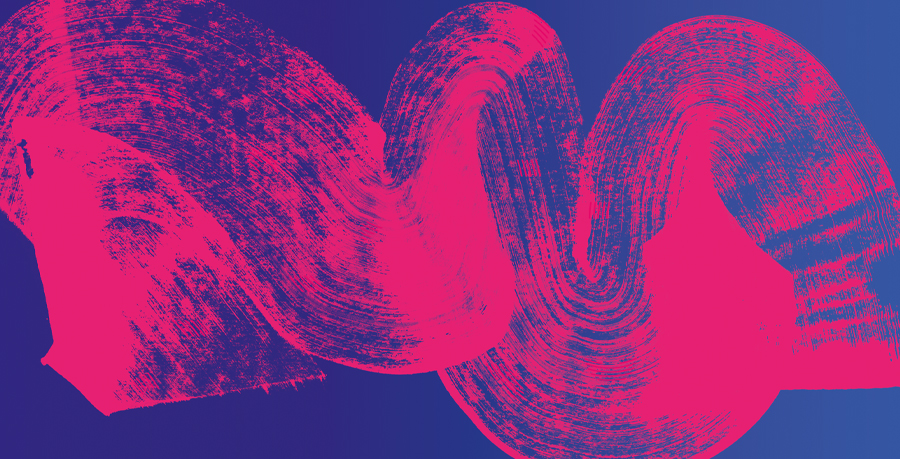Want to go beyond the concert programme in our 2025–26 Season? Accompanying our series with Music Director Vasily Petrenko at Southbank Centre and the Royal Albert Hall, our #MoreMusic playlists help you discover music with pieces that defined the lives and journeys of the composers we feature, as well as historical recordings and works by their contemporaries.
Shostakovich x Beethoven
Our 2025–26 Season with Vasily Petrenko continues on Tuesday 3 February with music by Galina Ustvolskaya, Beethoven and Shostakovich. As Ustvolskaya's tutor at the Leningrad Conservatory, Shostakovich considered her skill as a composer to be even greater than his. As we perform her Dream of Stepan Razin and Shostakovich's Symphony No.10, together, their music tells a story of political oppression and personal defiance, both refusing to be cowed by a regime that was determined to quash personal expression. Between pieces by these two Soviet composers is Beethoven's First Piano Concerto, the product of a fiery young composer who was hell-bent on re-writing the rules of the form.
Eager to hear more by these composers? Discover more of their music in the playlist below.
For a glimpse into Ustvolskaya’s more extreme, brutal style, try her Symphony No.2, ‘True and Eternal Bliss!’ (1979).
Although Beethoven himself told his publisher it was ‘not one of my best’, his smaller Piano Concerto No.2, composed before his Piano Concerto No.1, shows how quickly his concerto style evolved into a more adventurous form of writing.
Shostakovich’s String Quartet No.5 (1952), which was composed a year before the Tenth Symphony, and is almost a partner piece in its anticipation of the Symphony’s raw, emotional landscape.
Mahler x Bernstein
The opening concert of our 2025–26 Season sees the first instance of our three performances of Mahler's symphonies this season. Mahler's Symphony No.1, 'Titan', is a voyage through life and death, birdsong and fanfares, funeral marches and Viennese waltzes, written by a composer who would bring the syphonic form to its pinnacle in the early twentieth century, and who lived out his last years in the United States. Few other American musicians are as instantly recognisable as Leonard Bernstein in style, who was a lifelong champion and populariser of Mahler, and whose Chichester Psalms give choirs the challenge of singing psalms in the original Hebrew. Discover more music by these composers below.
Wagner’s opera Lohengrin: listen to the Prelude to Act I for the parallels with (perhaps even plagiarism of) Puccini’s Prelude sinfonico.
Bernstein’s Symphony No.3, ‘Kaddish’, completed just two years before the Chichester Psalms, is a lavish choral symphony that is also centred around Hebrew texts.
Mahler’s song cycle, Lieder eines fahrenden Gesellen (Songs of a Wayfarer), whose material weaves its way through his First Symphony
Programme notes and listening recommendations by Jo Kirkbride, 2025/2026
Find #MoreMusic from our 2024–25 Lights in the Dark series with Vasily Petrenko:

